The Impact of Music on Early Childhood Education
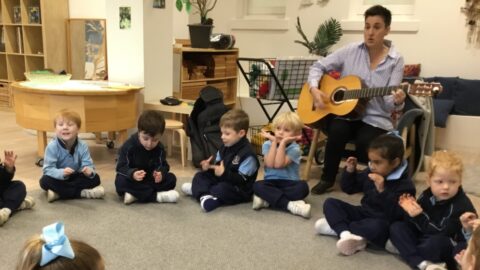
Our weekly Music sessions in Campbell House are eagerly anticipated by our young students. This specialised program is an essential part of our curriculum, and we deeply appreciate the role of music in our learning environment. Musical experiences are also integrated into the children’s daily classroom activities.
Music plays a crucial role in the cognitive and emotional development of young children. Research has consistently shown a strong connection between music and various aspects of early childhood learning. From language development to mathematical skills, music engages multiple areas of the brain and enhances overall learning capabilities.
One of the most notable benefits of music for young children is its positive impact on language development. Exposing children to music at an early age helps them develop stronger auditory skills, which are essential for language acquisition. Singing rhymes, repetitive songs, and listening to different rhythms and melodies contribute to the development of phonological awareness, supporting the children’s ability to grasp language patterns and sounds.
Learning to play musical instruments or even just listening to music can enhance memory and cognitive abilities in children. Music requires the brain to process different elements simultaneously, such as rhythm, pitch, and tempo. This stimulation strengthens neural connections and improves memory retention.
Music and mathematics share common principles, such as patterns, sequencing, and counting. Exposing young children to rhythmic patterns and beats can lay a foundation for understanding mathematical concepts. Learning music involves counting beats, understanding fractions of time, and recognising patterns in melodies—all of which contribute to the development of mathematical thinking.
Music has a profound impact on emotions and can significantly influence a child’s emotional development. Certain types of music can evoke specific emotions, teaching children how to recognise and express feelings. Singing together or listening to calming music can reduce stress and anxiety in young children, promoting emotional wellbeing and social bonding.
Playing musical instruments or engaging in activities like dancing to music improves coordination and motor skills in children. The rhythmic movements required in musical activities strengthen motor control and enhance overall physical development.
Music encourages social interaction and collaboration among children. Singing in a group, taking turns of instruments, or playing in unison requires teamwork and communication skills. Additionally, music stimulates creativity and imagination, allowing children to express themselves freely through sounds and rhythms.
Integrating music into our ELC curriculum is invaluable for the children’s holistic development. Whether through their weekly specialist Music sessions or daily music experiences in the classroom, the benefits are far-reaching. By nurturing a love for music from a young age, we can lay a strong foundation for lifelong learning and creativity in children.
Music is a powerful tool that shapes young minds and enhances their overall learning experience.
-
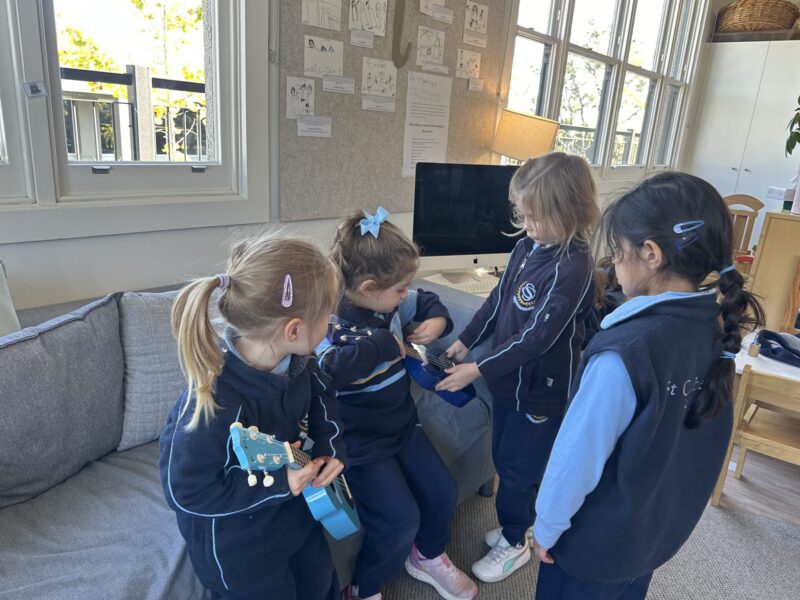
Music is a powerful tool that shapes young minds
-
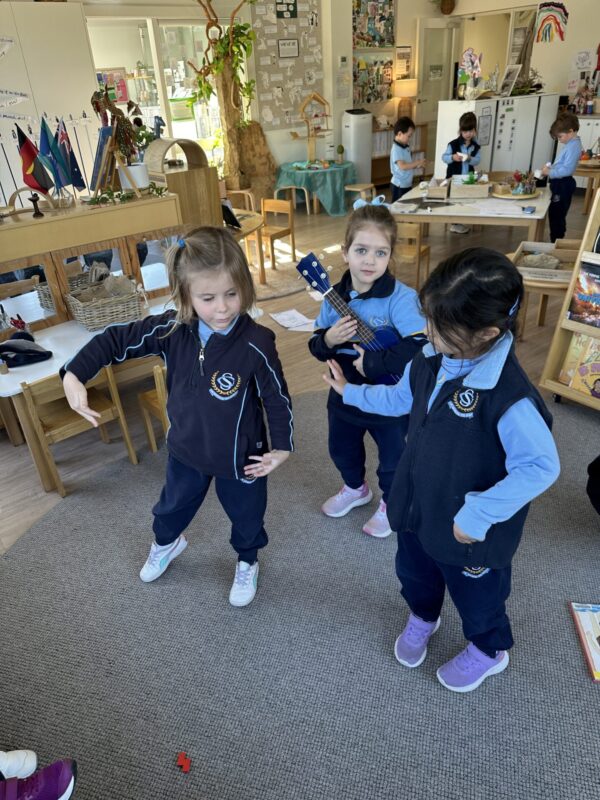
Music is a powerful tool that shapes young minds
-
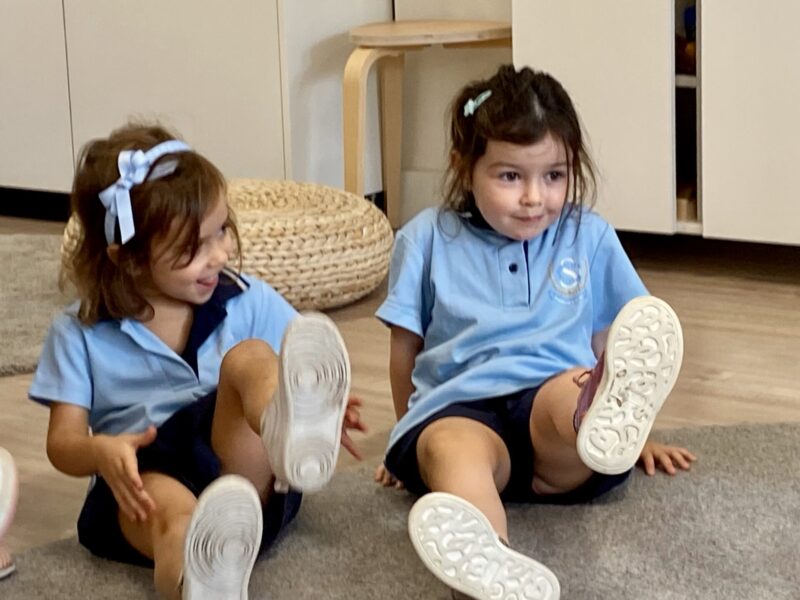
Music is a powerful tool that shapes young minds
-
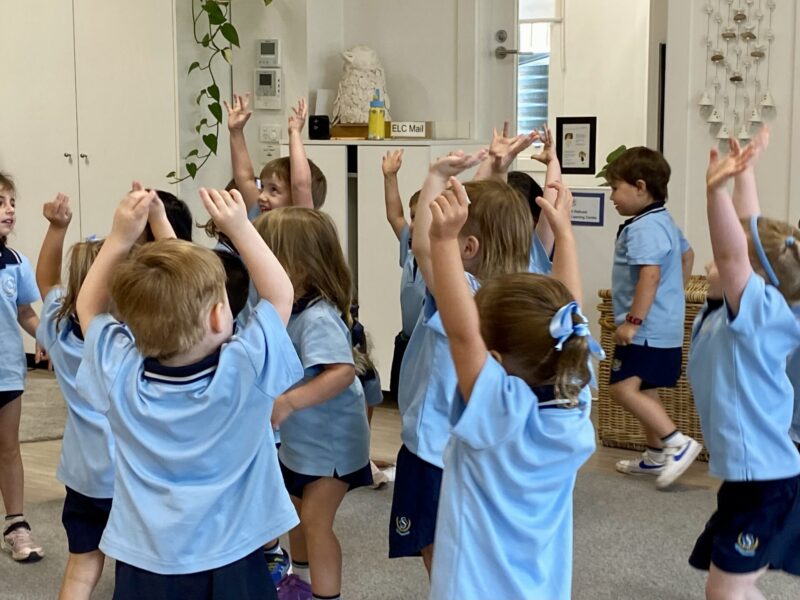
Music is a powerful tool that shapes young minds
-
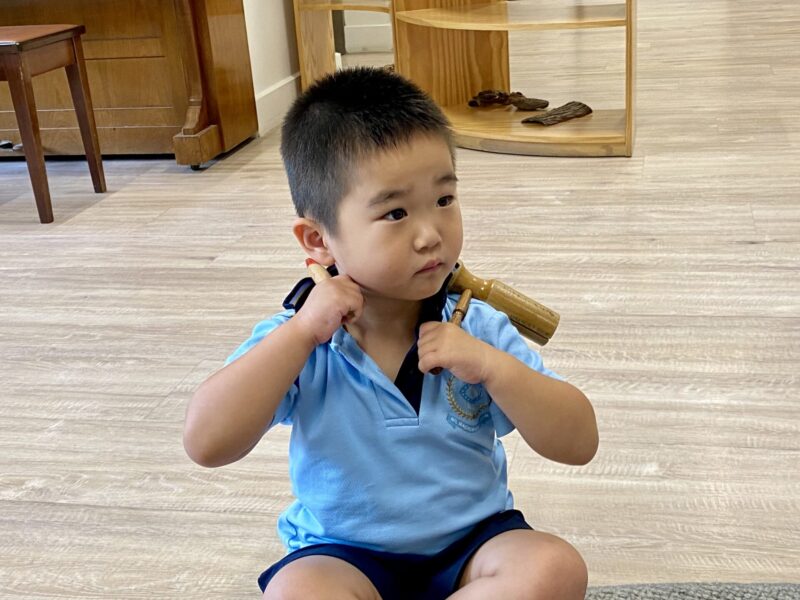
Music is a powerful tool that shapes young minds
-
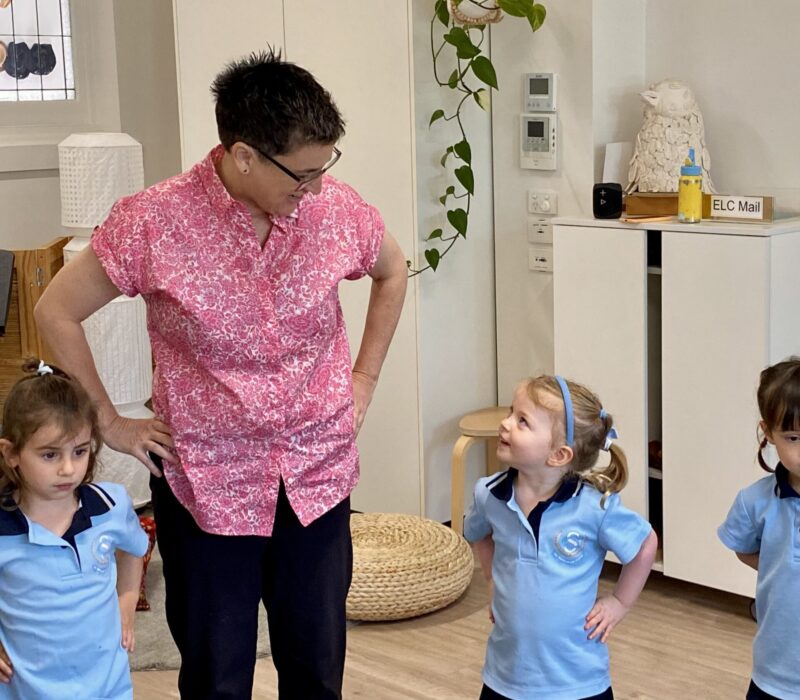
Music is a powerful tool that shapes young minds
-
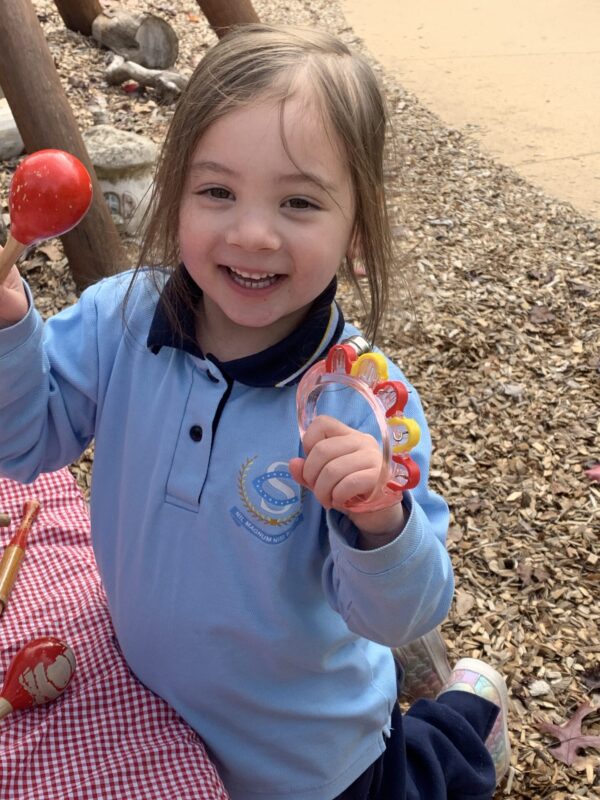
Music is a powerful tool that shapes young minds
-
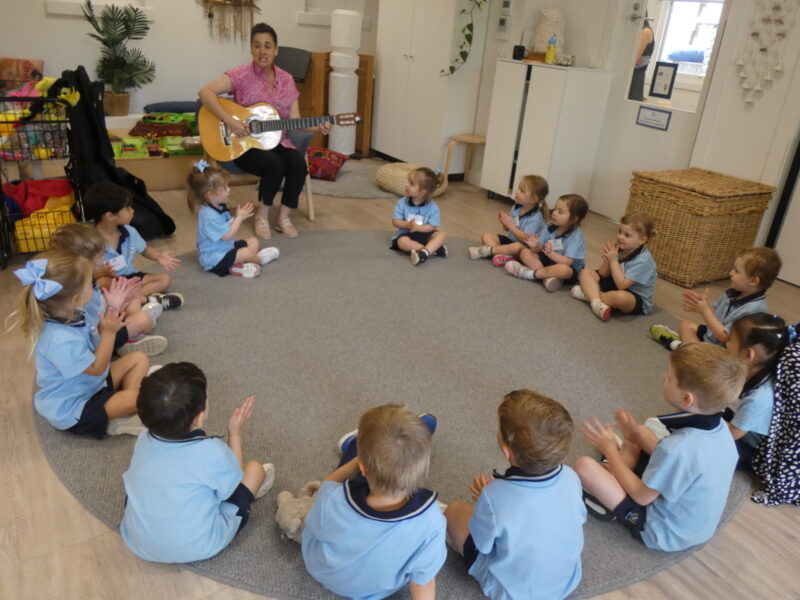
Music is a powerful tool that shapes young minds
-
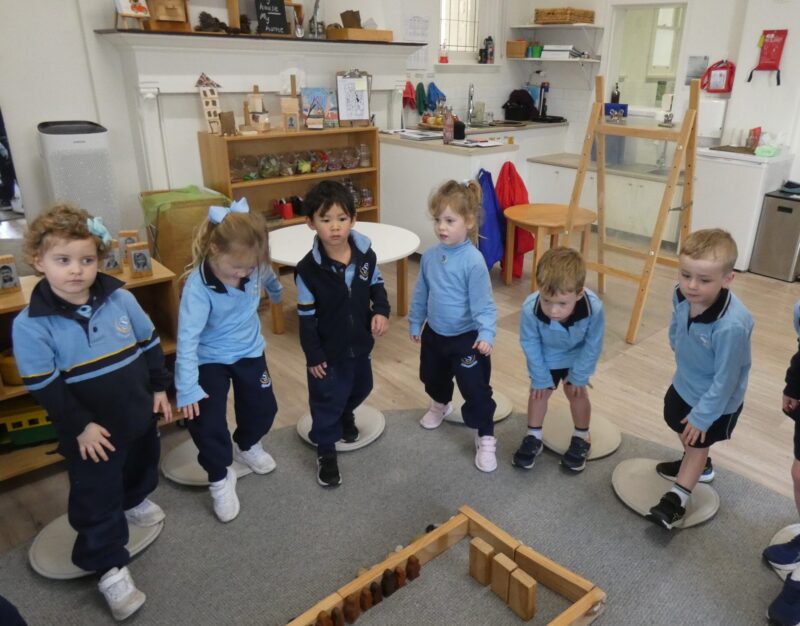
Music is a powerful tool that shapes young minds
-
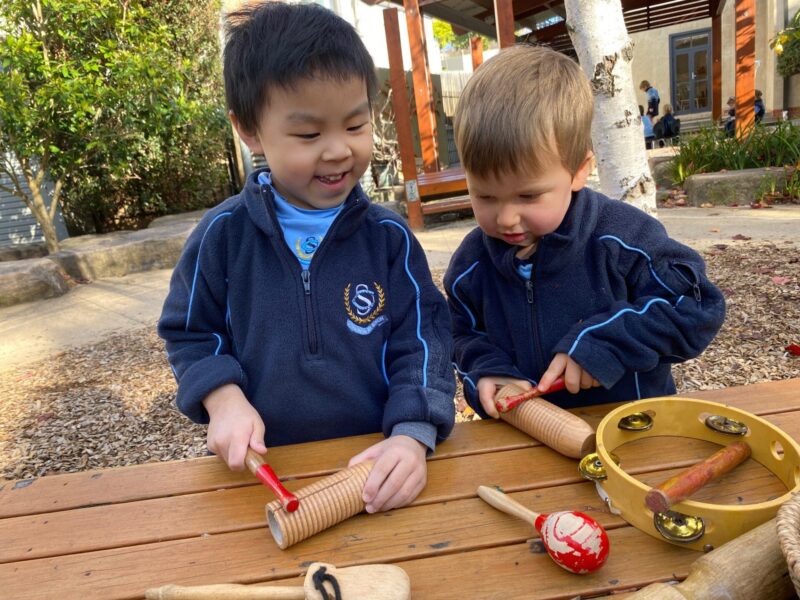
Music is a powerful tool that shapes young minds
-
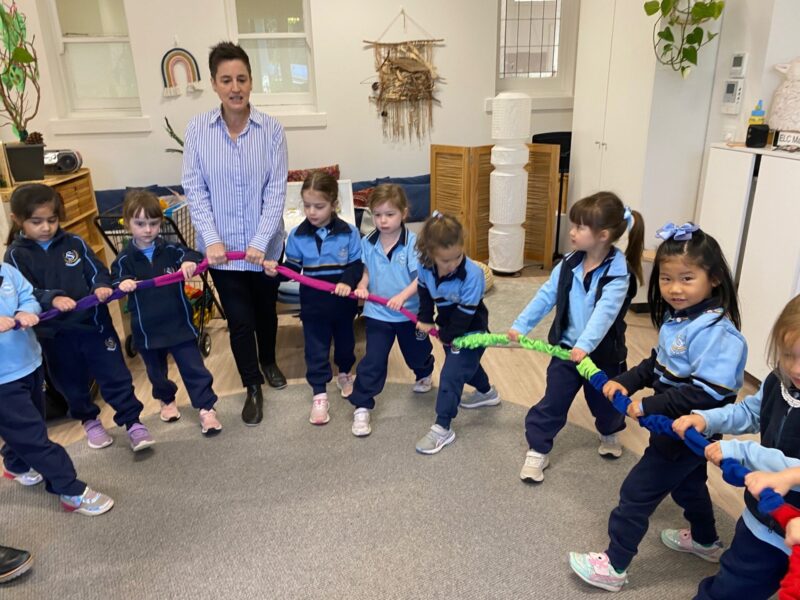
Music is a powerful tool that shapes young minds
-
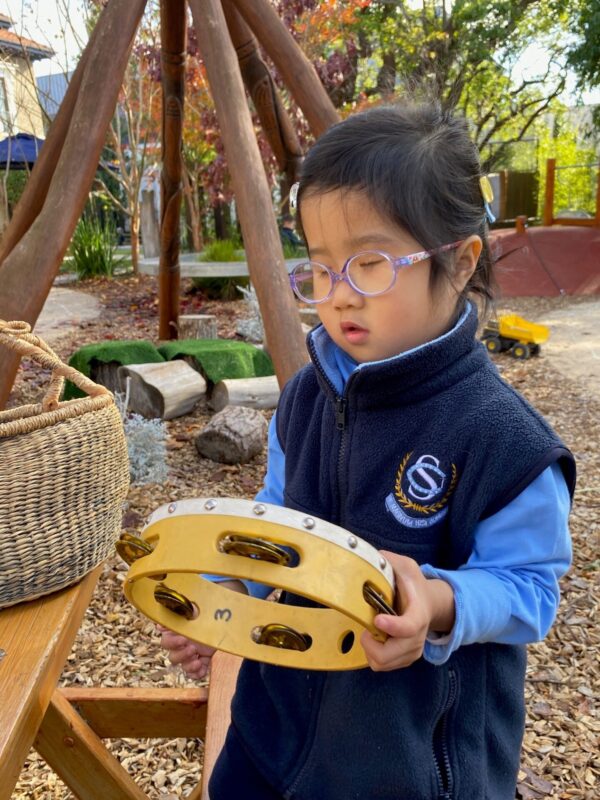
Music is a powerful tool that shapes young minds
-
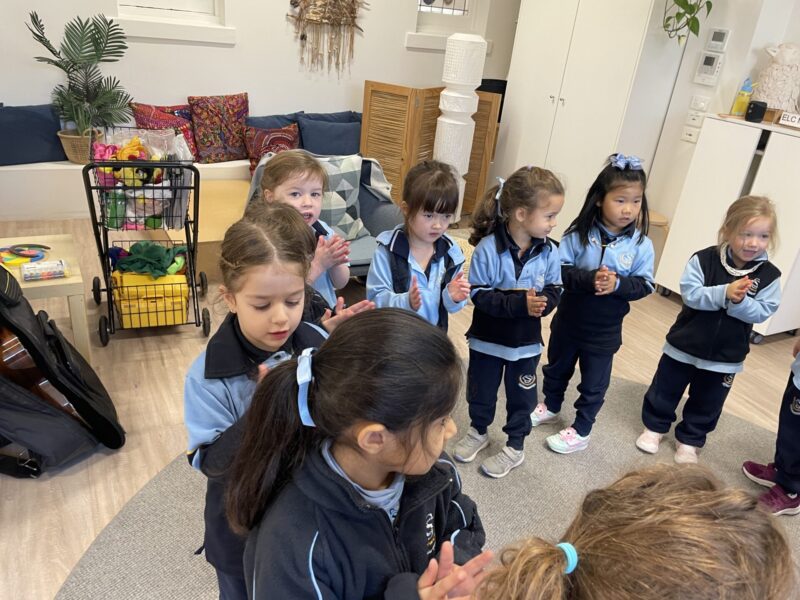
Music is a powerful tool that shapes young minds
-
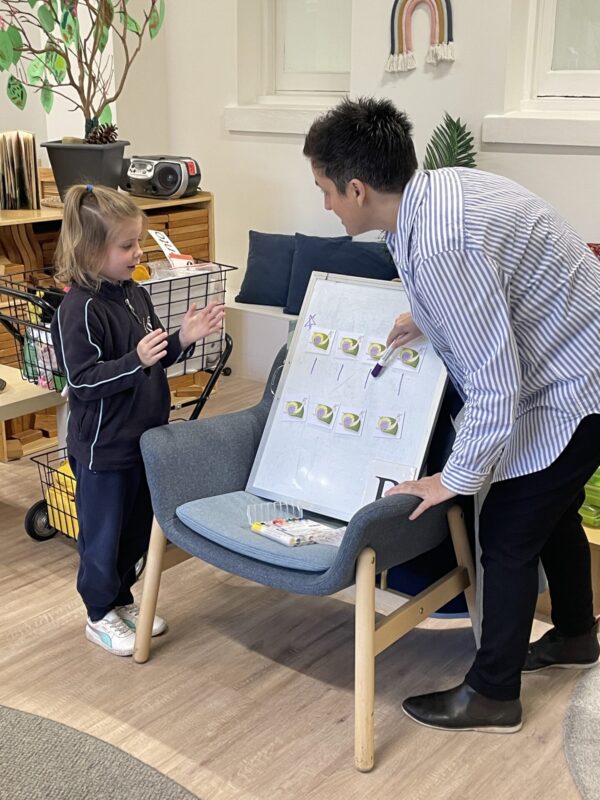
Music is a powerful tool that shapes young minds
-
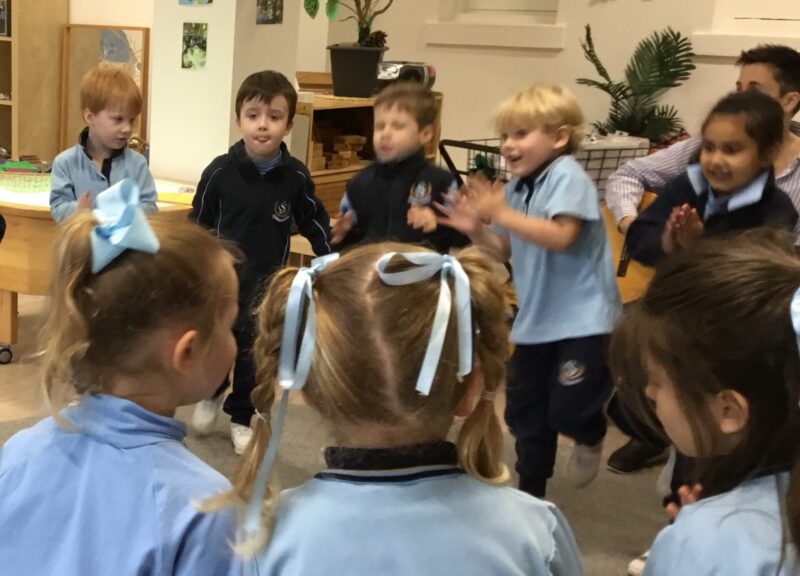
Music is a powerful tool that shapes young minds
-
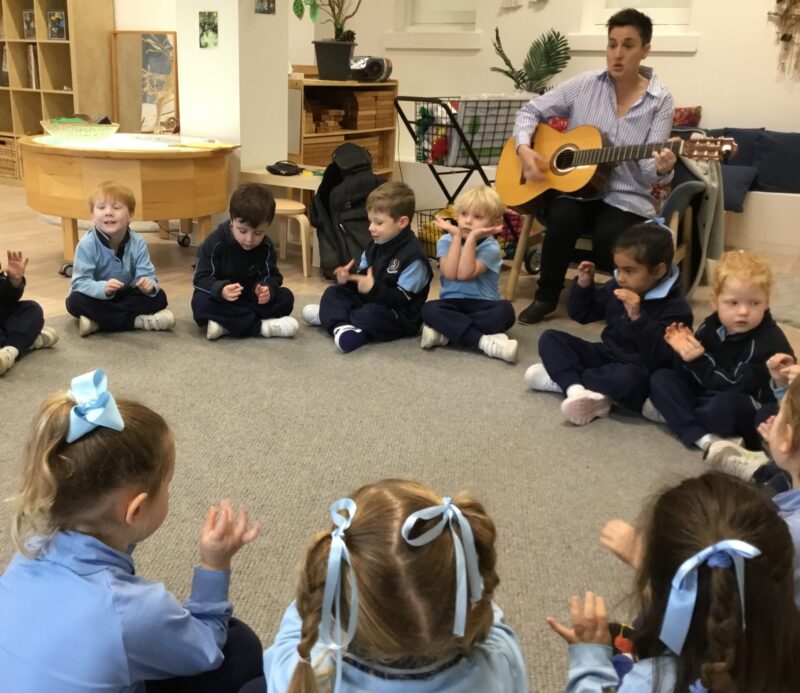
Music is a powerful tool that shapes young minds
-
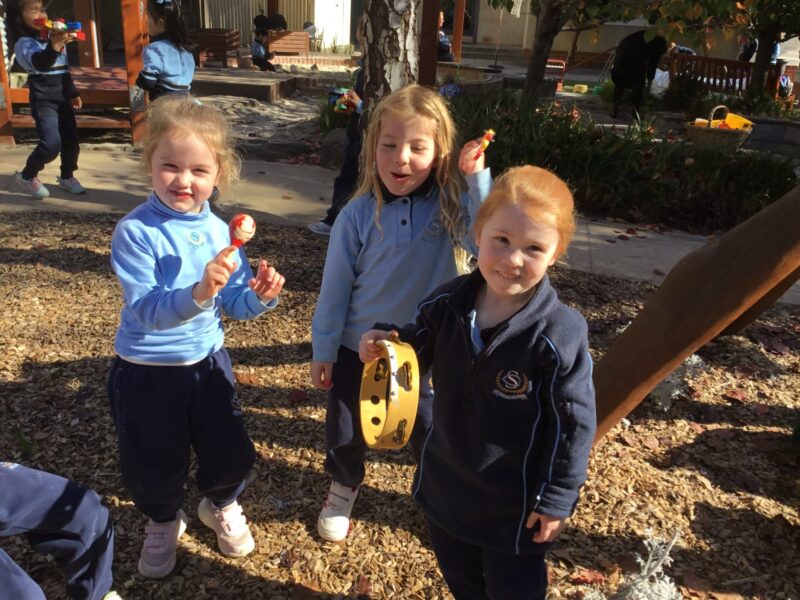
Music is a powerful tool that shapes young minds


